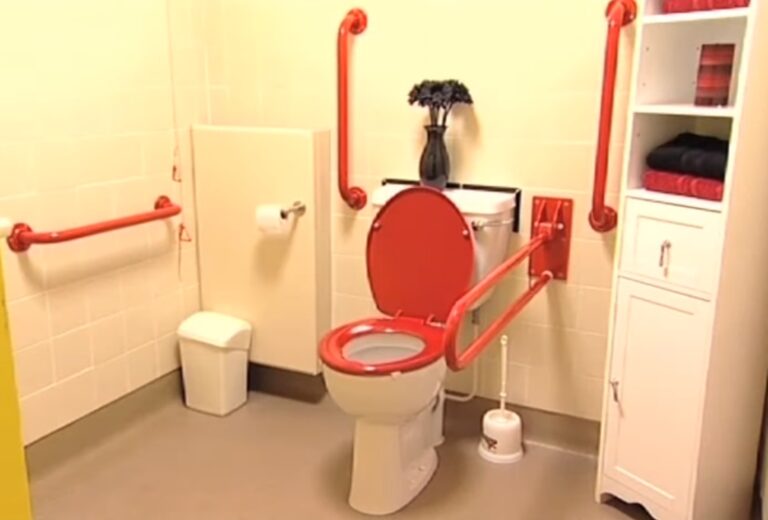
Redesigning a Home for Dementia Care
DESIGN: See this video packed with great examples of home design for dementia. These insights can make a world of difference.

DESIGN: See this video packed with great examples of home design for dementia. These insights can make a world of difference.

VIDEO ON SUNDOWNING: See UCLA’s Dementia Care Program deal with end-of-day agitation and irritability, known as “Sundowning”. A caregiver asks, “My loved one’s behavior tends to get worse when the sun starts to go down. He appears exhausted and restless. What can I do to get him through this time of the day?”

MEMORY & THINKING are activated by acetyl-choline. Alzheimer’s drugs boost acetyl-choline. Other medications, from allergy to insomnia drugs, may be anti-cholinergic, lowering acetyl-choline. This can spell trouble in dementia. Learn which drugs to avoid and what to look out for.
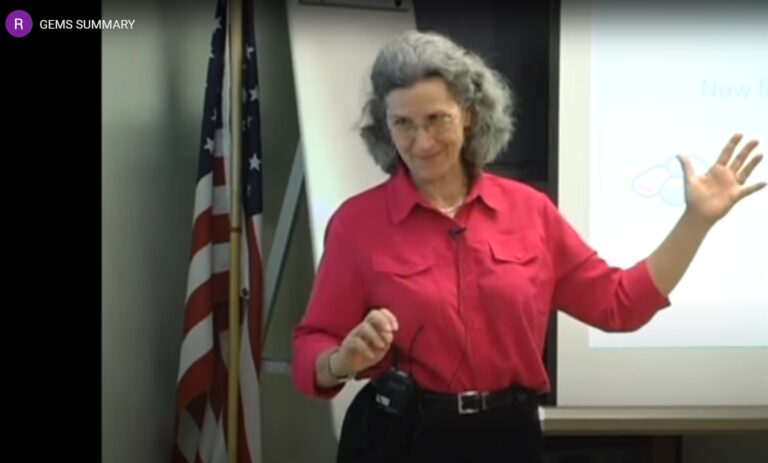
TEEPA CARE VIDEO: Learn about Alzheimer’s 6 stages. Teepa Snow shows what to expect, while keeping the focus on the person for whom you care.
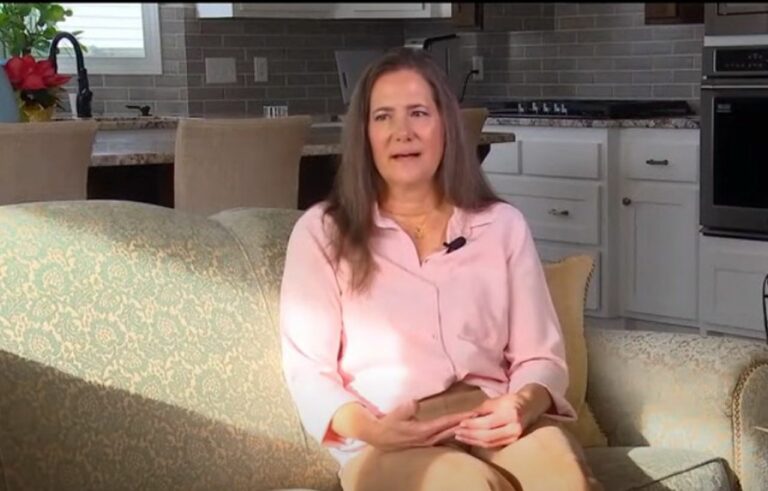
Two wives caring for their husbands with dementia generously share their experiences and offer caregiving tips to those find themselves in a similar position with a loved one.
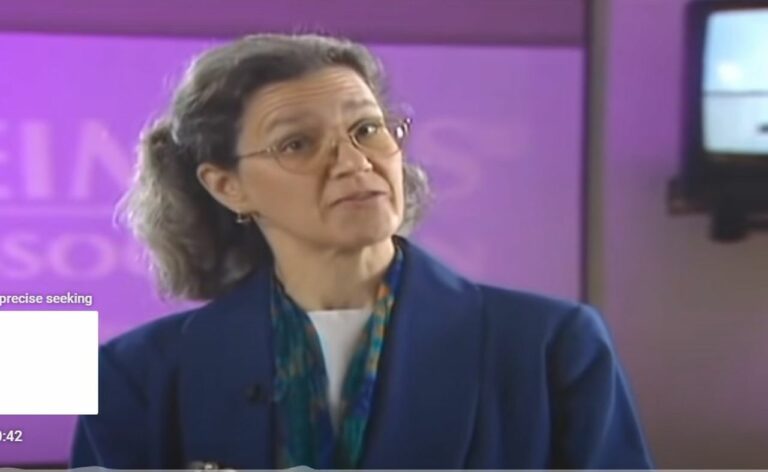
Teepa Snow is the best of all the recognized experts on how to work with dementia patients. See her demonstrate how to engage people in early and mid-stage Alzheimer’s.

CARE VIDEO: “WHAT TIME IS IT?” Repetitive questions are common in dementia, triggering frustration and anxiety in caregiver and patient alike. If you are ever at a loss as to how to deal with repetitive questions, check out these tips from UCLA Health.

Tooth brushing in dementia can involve a number of tricky details. Anticipating needs is all it takes to make it easy to brush teeth. See dozens of tips to help people with dementia keep their mouth, breath and teeth clean and fresh.
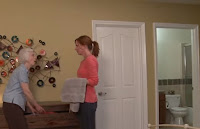
Refusal to bathe is common in people with dementia. Here are a dozen simple techniques to make bathing easier.
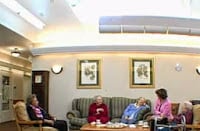
Lighting affects how people feel. The right light reduces agitation and improves mood in people with dementia.

Why Do Babies Have More Alzheimer’s Protein Than Adults? A Surprising Clue to Future Treatments
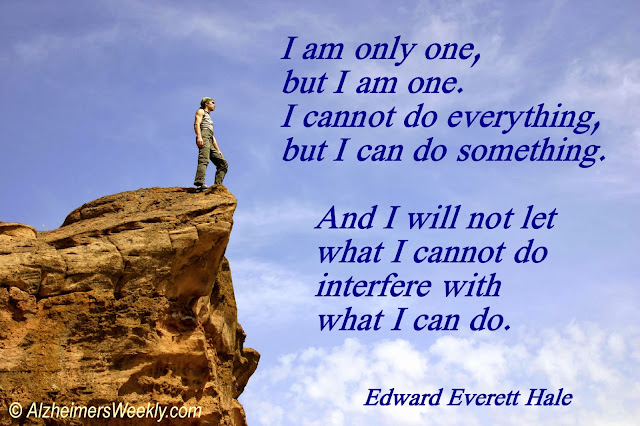
I am only one,But I am one.I cannot do everything,But I can do something. And I will not letWhat I cannot doInterfere withWhat I can

Diagnosing the right dementia type often takes months. It can make a big difference. Mayo Clinic’s AI tool identifies 9 dementia types, including Alzheimer’s, with one scan — a transformative advance in early, accurate diagnosis.

SHORT-TERM MEMORY lapses are obvious signs of Alzheimer’s, but other tell-tale signals begin to show much earlier. Learn how to look for semantic impairments, such as simple questions about size.

Three important dementia studies focus on HS-AGING, a type of dementia almost as common as Alzheimer’s in the 85+ group. Yet few people have heard of it. Why? What makes it different?

An intriguing study of 120 grandmothers might surprise you. Doctors know socially engaged people have better cognition and less dementia. But can a person get too much of a good thing? What’s the right balance?

Enjoy this great duet between a musician with dementia and his son. A triumph of spirit over Alzheimer’s! Sing-a-long if you like!
No spam, only news and updates.



This site was inspired by my Mom’s autoimmune dementia.
It is a place where we separate out the wheat from the chafe, the important articles & videos from each week’s river of news. Google gets a new post on Alzheimer’s or dementia every 7 minutes. That can overwhelm anyone looking for help. This site filters out, focuses on and offers only the best information. It has helped hundreds of thousands of people since it debuted in 2007. Thanks to our many subscribers for your supportive feedback.
The site is dedicated to all those preserving the dignity of the community of people living with dementia.
Peter Berger, Editor